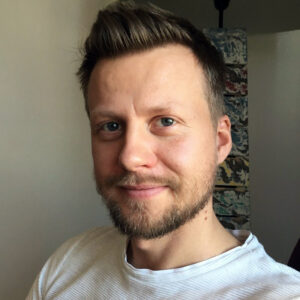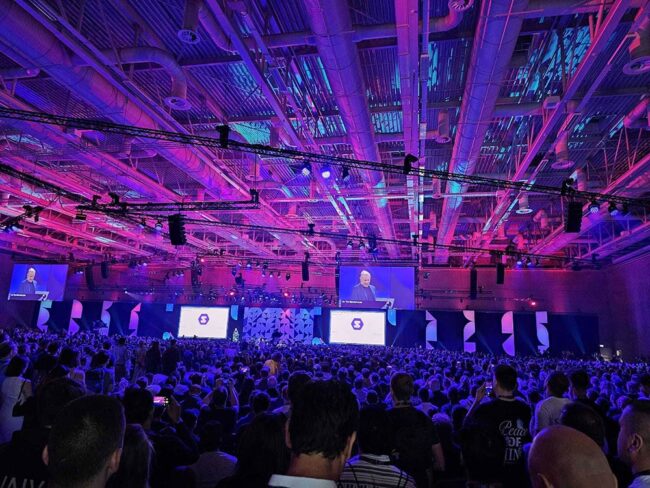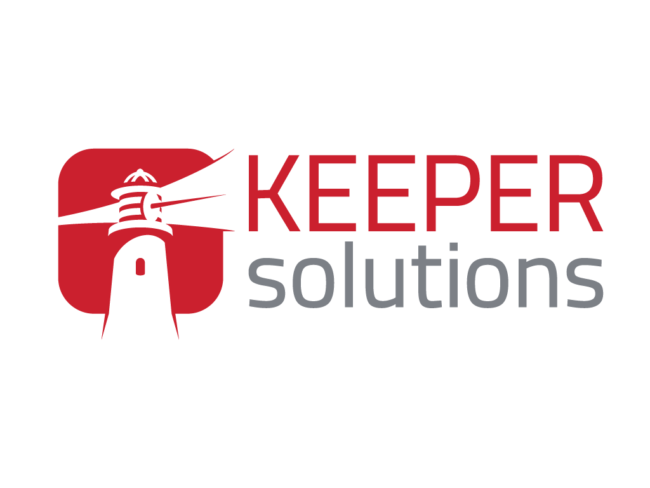Keeper Projects: Catching Up With Front-End Architect and Team Lead, André
Keeper Solutions has an ever-growing team of over 80 developers that are located in our delivery centres across Europe and North America, working with companies all around the world.
For that reason, members of our team live much varied lives. Some are city dwellers, some live by the sea, some are bow and arrow experts, some are rock stars (both literally and metaphorically), some are tech writers with captive audiences. The one thing that unites them all is that they all work on incredibly exciting projects, with companies that are pushing the boundaries of innovation.
In our Keeper Projects series we check in with one of our team members and find out what they’re working on. We find out what a typical day looks like, what technical challenges they’re currently wrestling with and how they’re keeping sharp.
This week, we caught up with front-end architect, André. We hope you enjoy it!
What does a typical day look like for you right now?
 I wake up and do my Duolingo daily, with a bowl of cereal.
I wake up and do my Duolingo daily, with a bowl of cereal.
In the morning I have a few meetings that I need to prepare for. This means catching up on any Slack messages that I’ve received during off-hours, checking my e-mails and going through my JIRA notifications.
The last part is the most important as JIRA is the tool we use to make sure that the product is moving forward as expected. This is where we can identify technical problems with a user story, or settle on some solutions. This could be on any level – be it technical, UX or business level. This also allows me to document the train of thought that resulted in a particular solution being chosen. This makes it easier for new developers or our future selves to keep track!
After stand-ups and alignment calls are finished, I address any blockers that were brought up by the teams. I can also make sure that there’s nothing causing people to get too creative in terms of their priorities.
I try to get out to change scenery most days. I usually spend my lunch break out in the city and round it off with a latté at a nearby café. Having people going about their own business around me and seeing random faces helps to me get into focus, which is needed for the rest of the day when I usually try to get some coding done. These days coding tasks are mostly around refactoring code structure for maintainability and scalability, or upgrading aging technologies to make sure the code base stays safe and interesting to work with.
What’s your current tech stack?
React/Redux/Redux-Saga/React-Router
Java/Spring on the back-end
Could you tell us a little about the current project you are working on?
The company I’m currently working with has three main teams that are building out a set of interconnected applications to improve the quality and experience of digital household troubleshooting. It’s quite a hard-to-solve problem. But the people involved are very sharp, experienced and have the right attitude, which makes it an interesting and rewarding project to work on.
What’s a recent challenge that you faced during this project and how did you overcome it?
Running the UI team is always a bit of a challenge because we’re right in the middle of three other departments. We often need to graft the information link between the departments so that we’re all aligned on the common ground between requirements, UX design and technical possibilities.
Finding this common ground is always quite intriguing as you need to think about the other perspectives and technologies that are in play. When factoring in performance and scalability needs, this can get quite complex.
I’ve found that clear communication regarding requirements and limitations/trade-offs is often key to finding the right long-term solution.

How do you make sure that you stay sharp and up to date with the latest trends and techniques?
-
-
-
-
-
-
-
-
-
-
- By staying on the right e-mail lists and following the right blogs.
- By listening closely to podcasts. They frequently discuss new hip stuff and oftentimes the topics are really interesting and applicable.
- By listening to team members and the things they are interested in. Often they talk about new technologies worth evaluating.
-
-
-
-
-
-
-
-
-
Of course, working with an outsourced partner means that you are working remotely and trying to maintain relationships long distance. What do you do to make sure you stay connected and maintain relationships with the teams you work with?
In Romania we meet up once a year for a country-wide team event. There, we try to get to know the people that we’re not working with on a day-to-day basis.
We also meet up once a month for a dinner or small event in the city of Sibiu where most of the developers in Romania live. If we have time during the day, we also meet up somewhere in the city to tackle some particular difficulty in person, or just sit down to work over a coffee.
What do Keeper Solutions do to ensure that you progress in your career?
Keeper’s service manager is in constant contact with the project leaders, making sure that career trajectory related issues are addressed. Usually this is not the channel of communication since we’re very close with the people we work with on the projects and we discuss our wants and needs directly with them.
Apart from the learning and development programs that Keeper offers, open communication with line managers is the main driver of making sure that the way in which a developer is progressing is in line with their career preferences.
In your opinion, what makes Keeper Solutions different?
Keeper Solutions is different because we adhere to agile principles quite seriously. This makes developers feel connected instead of scattered and isolated.
I also like the sense that I’m in a group with real people who know each other and have a healthy attitude. Apart from the team and the project’s employees, there’s this other party (Keeper Solutions), that’s always in the background driving the collaboration forward and keeping my interests in mind. This is a very reassuring and comforting feeling, and it enables me to focus on my day-to-day tasks more peacefully.

What advice would you give a company that is considering working with an outsourced software development partner, and wants to ensure operational success?
Operational success, hmm.
My advice would be to maintain open and clear communication at all times.
No matter who you are collaborating with, it’s important to keep the feedback loop short and to be responsive. By doing this you enable your partner to do what they do best. This will allow your company to get the most value out of the engagement and to achieve greater results.
A massive thank you to André for sharing his experience with us and filling us in on what he’s currently working on.
Check out other articles from our Keeper Projects Series – Keeper Projects: Catching Up With QA Engineer, Domagoj



